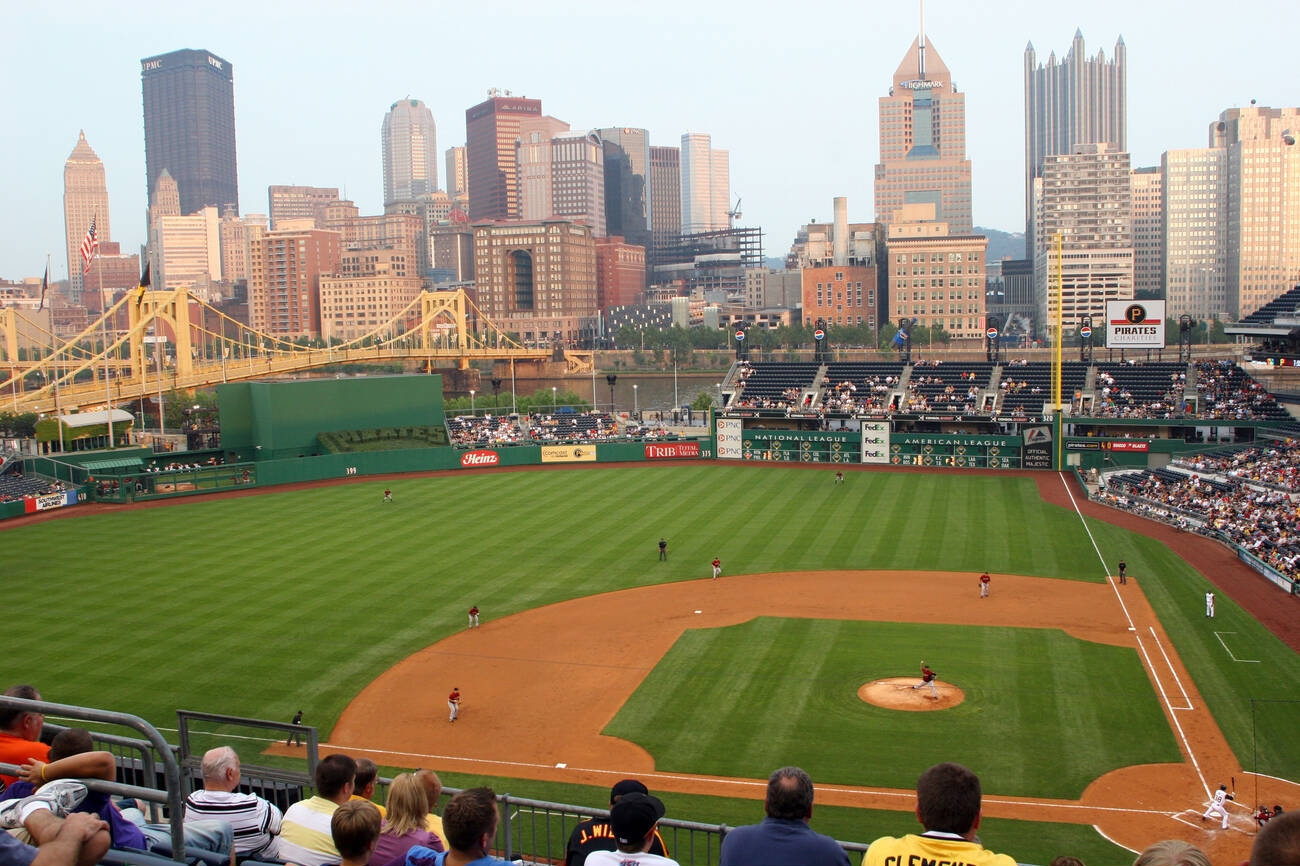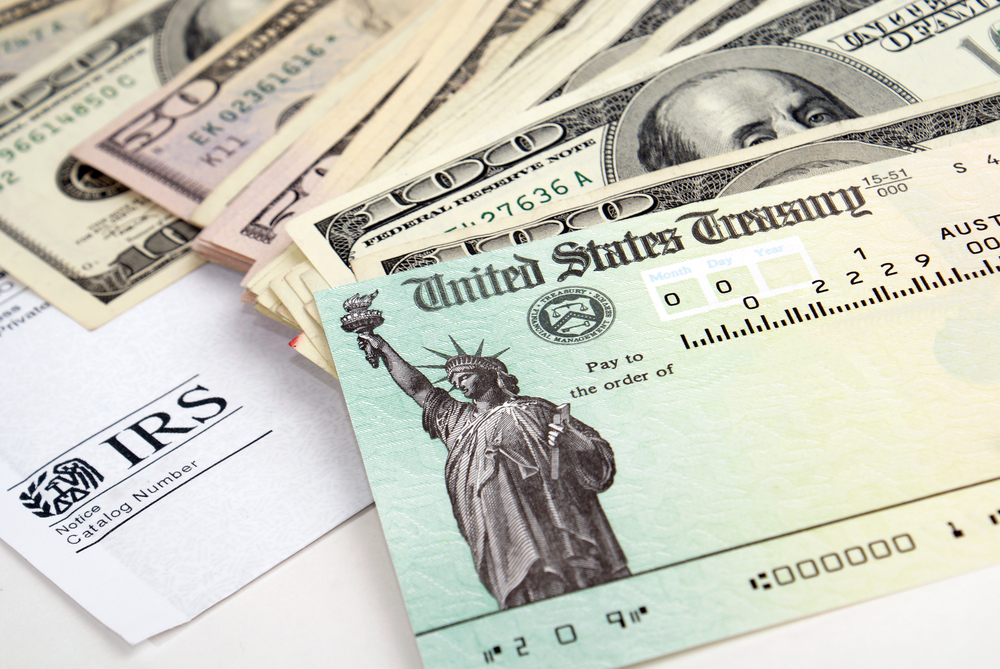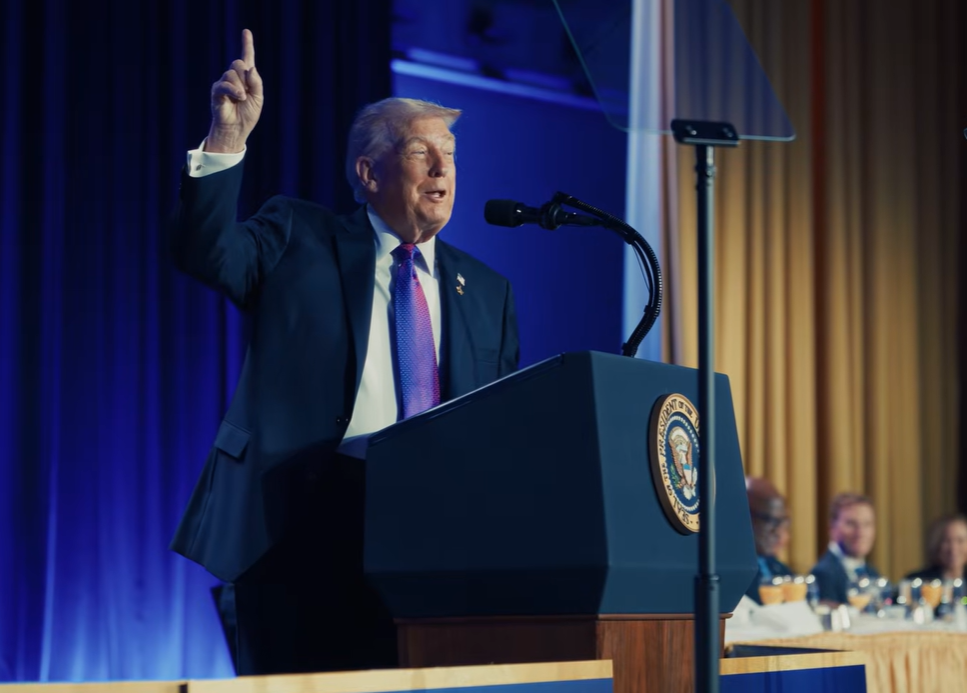By Hallie Lauer, Pittsburgh Post-Gazette (TNS)
The Pennsylvania Supreme Court will consider Pittsburgh’s reliance on a tax levied on out-of-town athletes and performing artists—the so-called “jock tax”—following a lower court’s ruling earlier this year that the tax is unconstitutional, a decision that could have lasting budgetary implications for the city.
In January, the state’s Commonwealth Court ruled that the 3% tax requiring visiting athletes like the Cleveland Browns’ Myles Garrett and entertainers like Taylor Swift to pay for the use of public facilities set different rules for residents and nonresidents and thereby violated the state constitution.
City attorneys argue that there was no distinction between residents and non-residents because the out-of-town athletes and performers pay a 3% tax, whereas locals would pay a 2% school tax and a 1% income tax.
The Supreme Court will only hear arguments on how the “uniformity clause” should be interpreted—whether residents and non-residents must have an exact uniformity of treatment or a “rough uniformity.”
Despite an injunction that has been in place since 2022 preventing the city from collecting the fees, Mayor Ed Gainey’s 2024 budget anticipates about $4.4 million in revenue from the tax.
Earlier this year, City Controller Rachael Heisler warned that this stoppage could happen and suggested the city reopen the budget and zero out that revenue line, so that projections accurately matched reality.
“It’s time to get honest about the reality of City finances and prepare for the challenging years ahead,” Ms. Heisler said in a statement Tuesday afternoon. “With the administration’s budgets planning to spend nearly $100 million from our Rainy Day Fund between now and 2029, this outcome will cost the City another roughly $22 million in additional revenue in that same period.”
The city is already projected to face budgetary shortfalls in 2025 and 2025, as federal COVID relief funding expires and payments to debt services increase.
Additionally, the city has also been grappling with sinking property values leading to lower real estate taxes. The city anticipates bringing in nearly $150 million from real estate taxes, though Ms. Heisler previously warned it is likely to be lower.
Ms. Heisler said in a letter sent to Mr. Gainey and city council members in March that revenue loss from these two sources will “have significant impact on the City’s ability to provide essential services and programs to its residents.”
In documents obtained by the Post-Gazette, Ms. Heisler raised red flags that the city was facing an “impending fiscal cliff.”
In 2025 and 2026, budget projections show the city bringing in only $3 million more than it spends. Last year, the city made about $40.2 million more than it spent.
City officials have consistently pushed back on the idea that the city was facing budgetary hardship.
Jake Pawlak, the director of the Office of Management and Budget said that the administration has “adequately prepared” for any financial shortfalls.
“We know that we don’t have a structural challenge,” he previously said. “We know we’re confronting what is a temporary fiscal challenge … We know that the operating result for a few years will be narrow, but we also can see the light at the end of that tunnel.”
Mr. Gainey’s office refused to comment on the state supreme court’s decision.
Since 2004, the city has collected about $75 million from this one revenue source, the Controller’s office said in a statement.
The tax was paid by athletes and performing artists that use publicly funded areas like Acrisure Stadium, PPG Paints Arena and PNC Park.
The supreme court’s decision on Tuesday comes after nearly five years of legal battles. Three professional athletes—Scott Wilson, a former Pittsburgh Penguin; Kyle Palmieri, a right winger for the New York Islanders; and Major League Baseball outfielder Jeff Francoeur—first sued the city in 2019 to put an end to the fee.
Later the NFL, NHL and MLB player’s associations joined the lawsuit.
None of the player’s associations could immediately be reached for comment.
The players said that they paid more than $25,000 in total to the city under the fee. In September 2022, Common Pleas Judge Christine Ward made the initial ruling that the fee was unconstitutional and first implemented the injunction prohibiting the city from continuing to collect the fee.
_______
(c)2024 the Pittsburgh Post-Gazette. Visit the Pittsburgh Post-Gazette at www.post-gazette.com. Distributed by Tribune Content Agency LLC.
Thanks for reading CPA Practice Advisor!
Subscribe Already registered? Log In
Need more information? Read the FAQs




